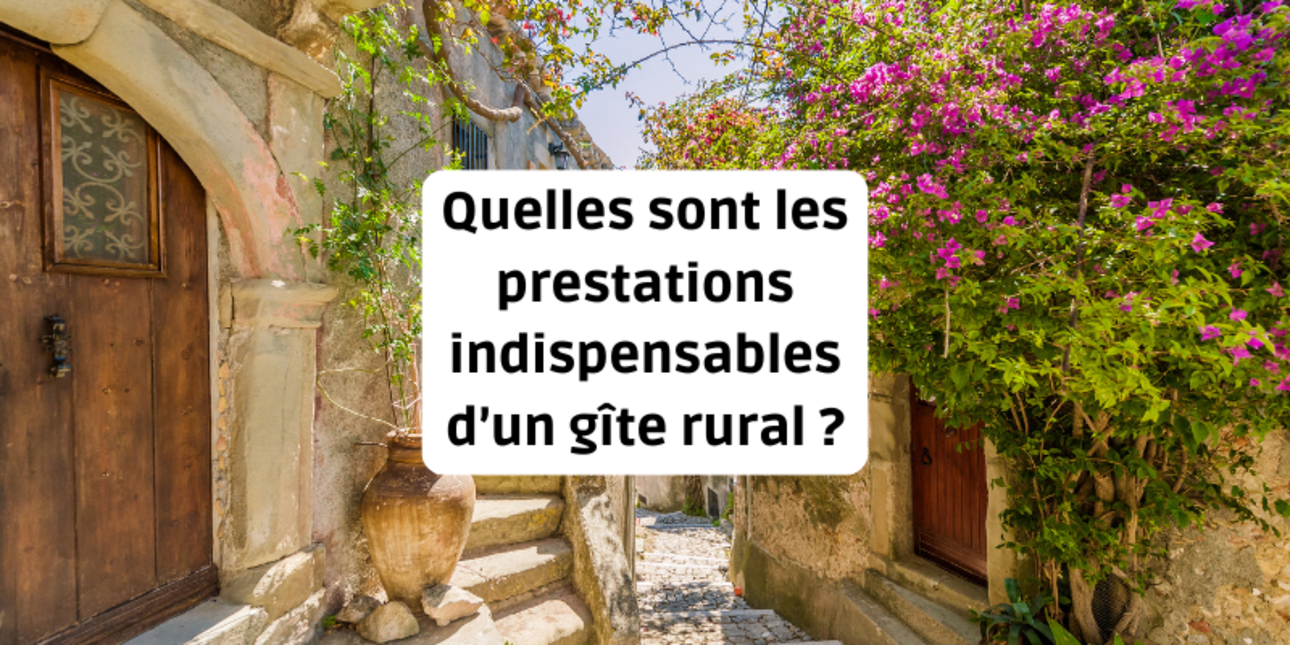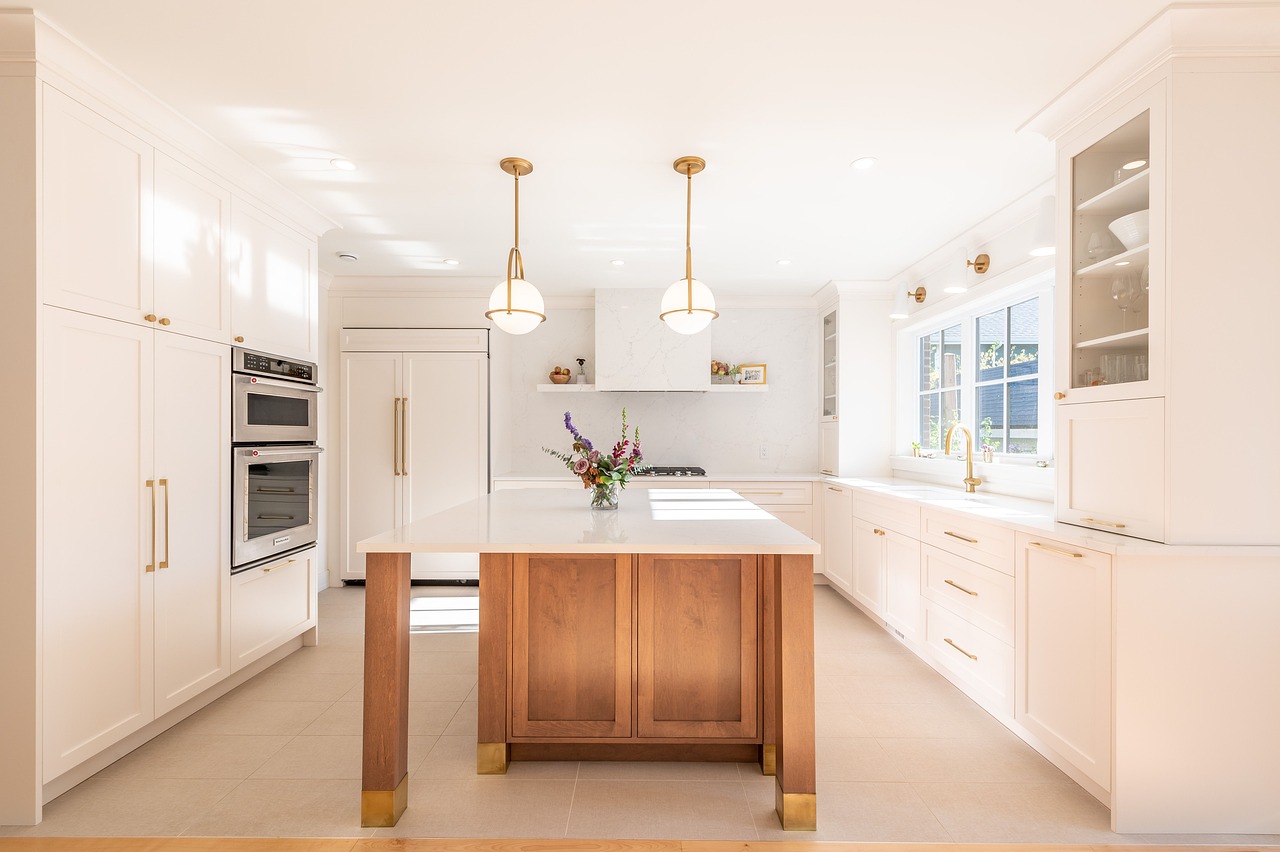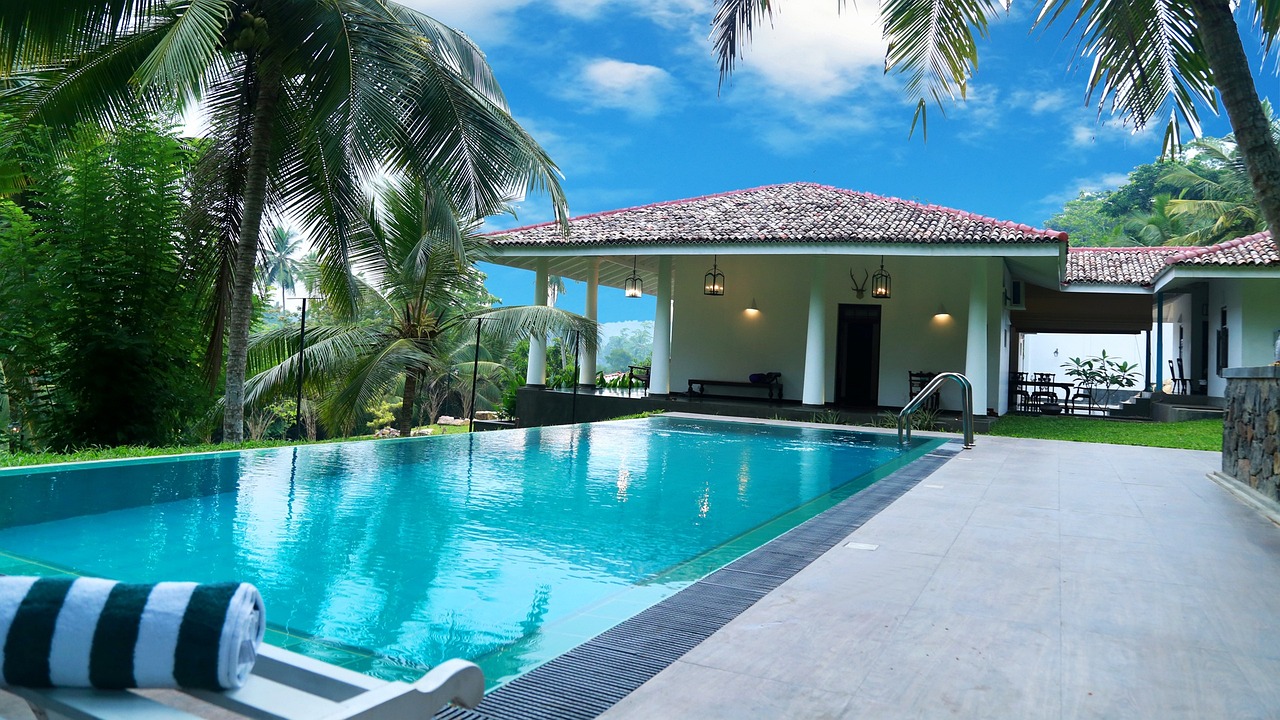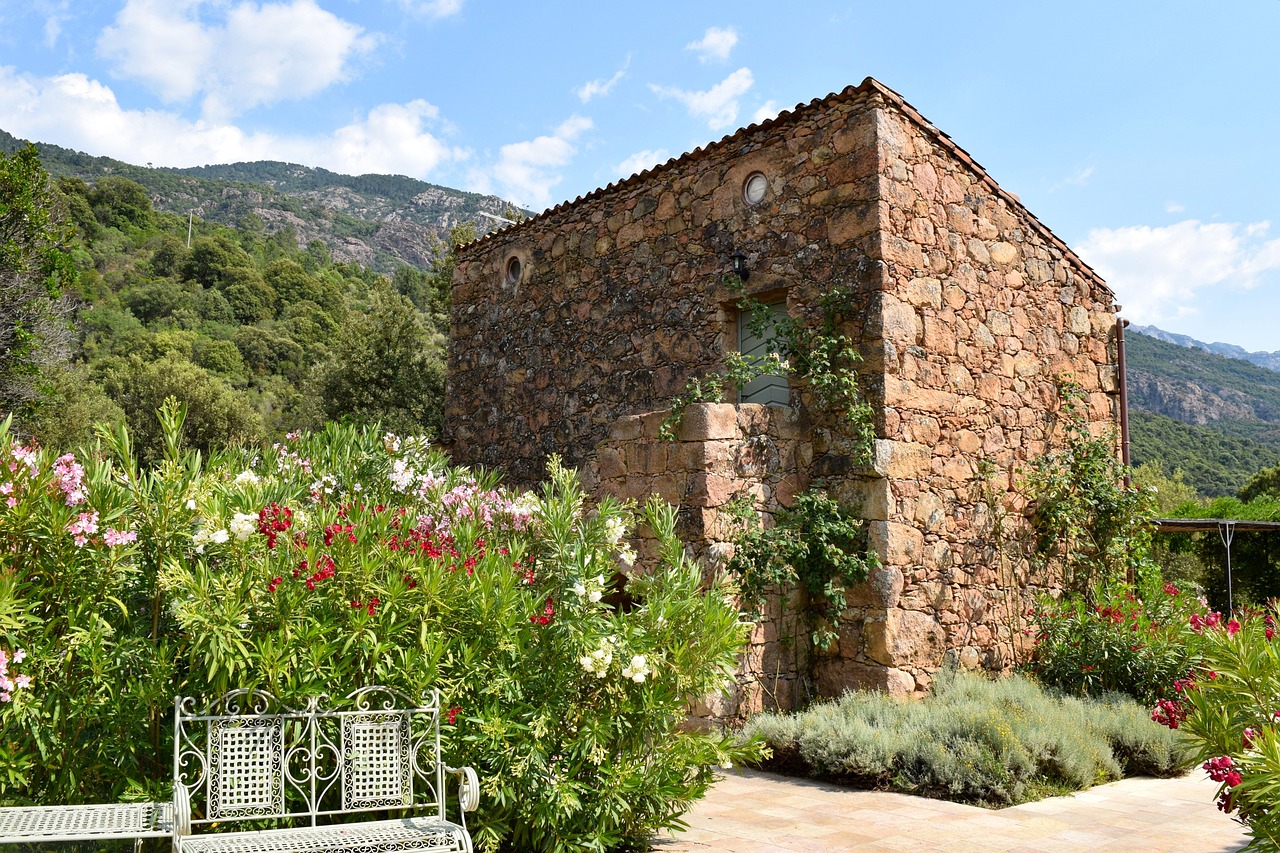
A gîte is a tourist accommodation real estate which offers holidaymakers a comfortable, well-equipped place to stay. To attract and retain customers in France, it is essential to offer quality services. A small gîte can also serve as a source of income for the host, particularly in popular tourist areas. However, this requires an initial investment to get the seasonal rental project off the ground. What's more, to find out the best way to get started in this type of business, it's advisable to get information from a specialist organisation and benefit from personalised advice. Gîtes must comply with current standards, and planning permission may be required depending on the work to be carried out. It is also important to understand the legal status of the gîte, as this may have an impact on the insurance required and the owner's responsibilities. The administrative procedures for building a house or converting an existing residence into a rental property require a well-prepared dossier and a knowledge of local rules and regulations.
The kitchen is a central element in a seasonal property, as it allows visitors to prepare their meals as if they were at home. 
A well-equipped kitchen should include a fridge and freezer, a cooker and oven or microwave, sufficient cooking utensils, crockery and cutlery. A dishwasher is also desirable for easy cleaning, as well as storage units to organise groceries and utensils. This small level of comfort is often required to comply with quality standards for optimum classification in the tourism sector. As a host, it's important to be aware of the regulations in force, because they have an impact on the ranking and attractiveness of the property, as well as income. Many homeowners can also apply for a grant or loan to carry out conversion work.
The various rooms must offer optimum comfort to ensure that holidaymakers get a good night's rest. This includes quality bedding (mattresses, pillows, duvets), clean bed linen in good condition, and storage furniture such as wardrobes and chests of drawers. Curtains or blinds are also necessary to ensure privacy and block out light. The gîte owner must ensure that the rooms comply with regulations on safety and comfort, while taking into account the legal obligations for classified accommodation. Good room management is essential to maintain a high level of satisfaction among holidaymakers. The capacity of rural gîtes should be clearly stated in the rental contract to avoid any misunderstandings.
The sanitary facilities in the property must be clean and functional. They should include a bathroom with a shower or bath, a washbasin with a mirror, and a separate toilet if possible. Clean bathroom linen (towels, flannels) is essential, as well as basic equipment such as a hairdryer and toiletries (soap, shampoo). The cleanliness and maintenance of the establishment's sanitary facilities must be carried out regularly to ensure visitor satisfaction and avoid problems during their stay. Hygiene is a sine qua non for obtaining a label or certification.
The main communal areas should be designed to encourage conviviality and well-being. A living room with comfortable sofas and a coffee table, a dining room with a table and a sufficient number of chairs, and entertainment facilities such as a television, DVD player and board games are essential. Free, good-quality Wi-Fi, good lighting and adequate heating round off the facilities. These aspects help to create a pleasant environment for visitors and may influence their decision to choose your gîte. In addition, opening new areas or renovating existing ones can help to increase capacity and raise prices.
A self-catering cottage should also have pleasant outdoor spaces where you can enjoy nature. A garden or terrace with garden furniture (table, chairs, parasol) is essential. A barbecue for al fresco dining and leisure facilities such as a swimming pool, children's play equipment and bicycles can also be very useful.  Offering these outdoor facilities is an effective strategy for increasing the attractiveness of the property and standing out in the tourism market. In the case of a listed site, outdoor facilities must respect the environment and heritage guidelines.
Offering these outdoor facilities is an effective strategy for increasing the attractiveness of the property and standing out in the tourism market. In the case of a listed site, outdoor facilities must respect the environment and heritage guidelines.
A good welcome is essential to create a positive first impression. We recommend welcoming guests in person and showing them around the gîte. Providing a welcome basket with local specialities and a welcome booklet with practical information (emergency numbers, local shops, tourist attractions) are touches that will make all the difference. A warm welcome is also an opportunity for the owner to present the tourist project and the activities available in the surrounding area.  Offering personalised advice as a local expert helps to build a bond of trust with guests.c
Offering personalised advice as a local expert helps to build a bond of trust with guests.c
Cleanliness is a crucial criterion for holidaymakers. It is important to ensure that the gîte is thoroughly cleaned before each arrival and to offer a cleaning service during your stay if necessary. Regularly checking the condition of equipment and carrying out any necessary repairs is also essential to maintaining a high standard of quality. Keeping the property well maintained also helps to maintain profitability and meet customer expectations. Maintenance contracts can be put in place to guarantee rapid intervention if necessary.
To accommodate all types of holidaymaker, it's important to think about the accessibility of the gîte. This includes a step-free entrance and wide doors for people with reduced mobility, adapted facilities such as grab rails in the bathroom, and clear information about the accessibility facilities available. Adapting to the needs of people with disabilities is also an important requirement for complying with accessibility standards and offering an inclusive experience. Providing easy access for all is a legal requirement in France.
Offering a quality self-catering holiday cottage means thinking about every detail to ensure the comfort and satisfaction of your guests. By offering comprehensive basic facilities, extra services and attention to welcome and cleanliness, you can create a memorable experience for your guests and keep them coming back for more. It is crucial for the gîte owner to comply with current standards and regulations to ensure a high standard of service, while taking into account the specific needs of each guest to maximise the profitability and success of your rental business. This may require a significant initial investment, but the long-term benefits are considerable. The management of the accommodation can be entrusted to a professional or a specialist company to guarantee an optimum level of service for your business, in compliance with local council standards and departmental recommendations. The rental price may vary depending on the season, the facilities on offer and the location of the gîte, but a competitive rate is essential to attract holidaymakers and ensure the profitability of the project.
1. How do I sell a gîte?
2. Where to buy a gîte
3. How much does a night in a gîte cost?
4. How profitable is a gîte?
5. Buying a gîte or creating a gîte: which should you choose?
6. What are the formalities for opening a gîte?
7. The different types of gîtes
8. Taxation of gîtes
9. Gîte labels: a guarantee of quality for your rural accommodation
10. Gîte classification
11. Running a gîte as a business
12. How to communicate effectively for a gîte
13. How to choose the best platform for your gîte
14. What criteria should I take into account when buying a gîte?
15. Furnishing and decorating a gîte
16. What is the ideal number of bedrooms for a gîte?
17. The advantages of a large plot for your gîte
18. Should a swimming pool be installed for a gîte?
19. What price should I pay for a gîte?